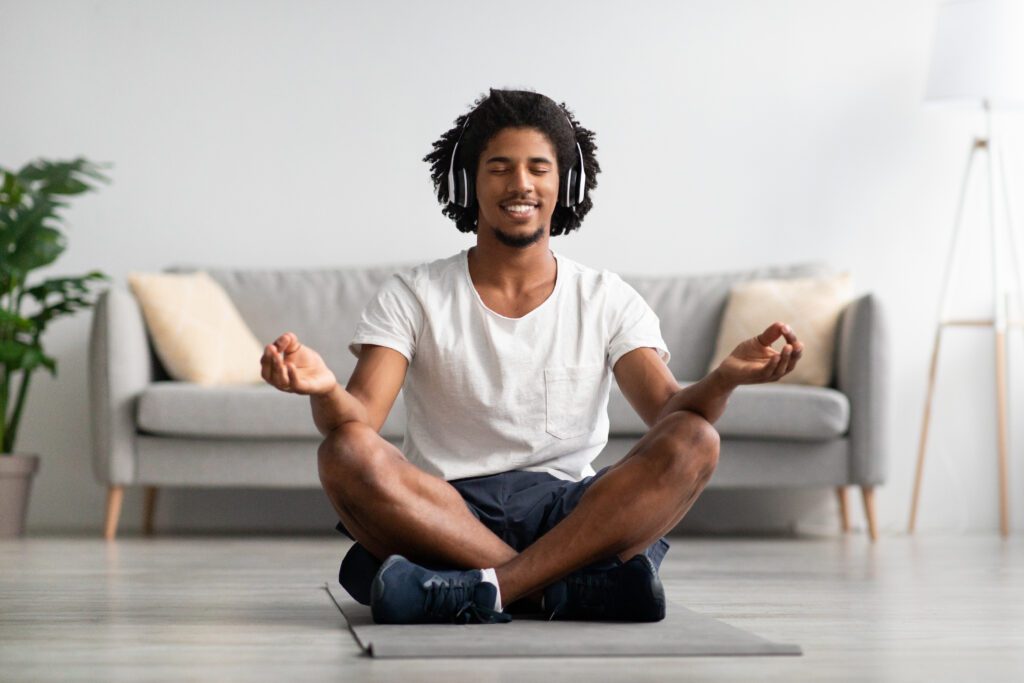Exercise is one of the greatest supports for mental health, both in recovery and prevention. The challenge is that typical exercise goals for physical strength and endurance may not be the place to start. It can be valuable to consider your mental health needs specifically before determining how exercise can help.
Avoid increasing any stress responses. Moderate, regular exercise is shown to reduce muscle tension, increase energy, improve sleep and even reduce PMS symptoms. However, if you are having active stress responses such as hyperventilation or panic, it is important to learn how to manage those symptoms before pushing forward into certain exercises. Recognize that consistent, gentle walking may be more supportive of overall health than further draining the body under intense cortisol response. If intensity is helpful for energy and stress relief, short burst aerobic activity such as 10-15 minutes of brisk walking is a good intensity. Anything that pushes you to further exhaustion or more than contented-tired should be scrutinized.
Warm up and cool down. There can be a mental game that if exercise is not long or intense it is not helping. The all-or-nothing stress response can push us to be impulsive, suddenly increasing our exercise routine because we are sick of being “lazy”. Or we can choose a workout routine that is above our level and creates more pain and even injury, discouraging us even more. Choose to add the 5-minute warm-up and cool down, using this time for mindfulness and meditation.
Skip the multi-tasking. The mindful awareness of moving our bodies, even the awareness of effort and discomfort, takes our mind out of the hustle. You may have to work to push away negative thoughts or find a safe, encouraging space and routine for exercise, don’t intrude on this by trying to accomplish other tasks. Being fully present for exercise keeps us safe, and efficient—but it also gives our mind a pause. This will actually result in greater focus and concentration later. Trust in the process and allow yourself to choose one thing at a time.
Find social connections. While the only fully available walking partner maybe your dog, connecting with a friend to exercise once or twice a week can be helpful. This not only creates connection but provides for greater growth and accountability. For those who tend to over-exercise, this can shift the focus to a more moderate pace and reduce the temptation to go for intensity. For those who find movement difficult, either due to pain or motivation, this can be an encouraging and a welcome distraction.
If you are reading this you are most likely trying to figure out what balance can meet your needs. Congratulations for tuning in and noticing that what is trending or habitual, may need some adjustment during high times of emotional stress. It is a strength to adapt rather than make assumptions. You may not be lazy. You may not need to just push harder. You may, in fact, need careful healing and nurturing.







